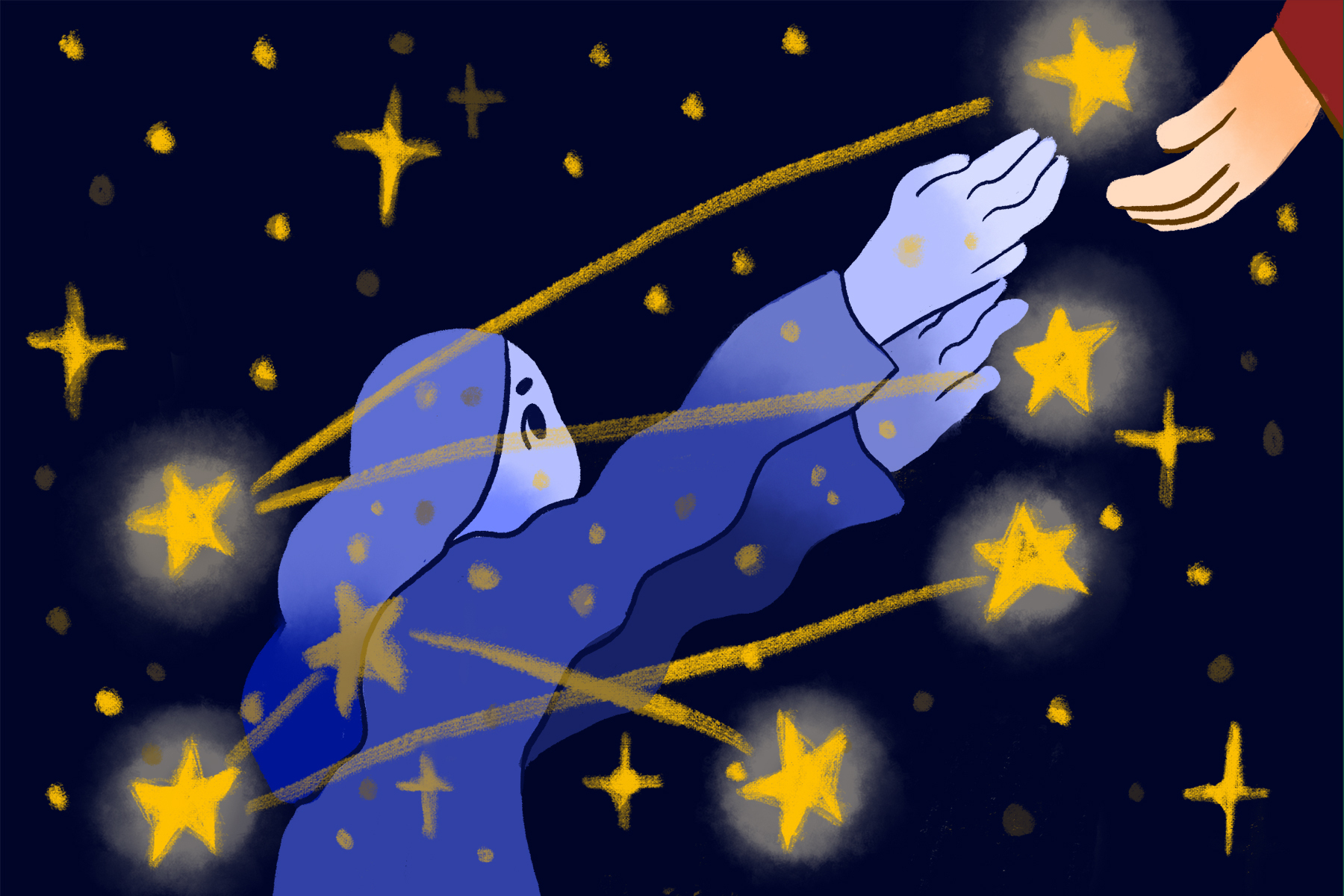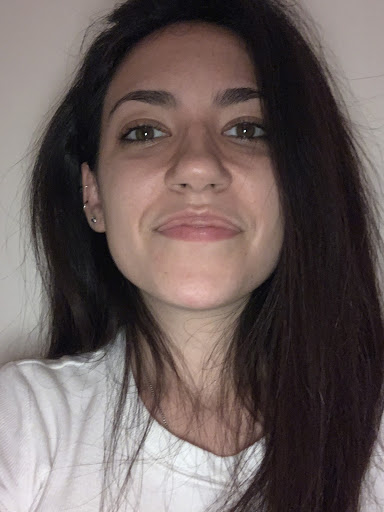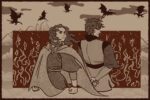“The Invisible Life of Addie LaRue,” written by V.E. Schwab, is one of 2020’s most anticipated reads and in October it finally made its way into readers’ hands. It’s Schwab’s first adult stand-alone book and it arrives with a bang — this is her second week on the New York Times Best Seller list. She’s no stranger to it, though.
V.E. Schwab also writes for the young adult and middle grade ranges. Some of those titles include her “Monsters of Verity” and “City of Ghosts” series. In adult fiction, prior to “The Invisible Life of Addie LaRue,” she wrote the “Darker Shades of Magic” series and “Villains,” a duology until just recently, when Schwab decided to add a third book and make it a series.
It’s an understatement to say that V.E. Schwab is an incredibly talented writer, but she’s stuck to the fantasy genre for the time being. However, the same week of the “Addie LaRue” release, she was published in The Oprah Magazine for an essay about what it felt like to come out as gay as a writer: “…it was more like coming out of a house,” she said. It’s a wonderful piece where the author spills her heart through a balance of metaphors (“One day you realize your room has a door.”) and real-life anecdotes (“You are 17 and the girls around you are all boy crazy and you wonder if something inside you is broken, or missing, or if your body is simply ignorant, unpracticed.”). It was a wonderful way for her to express herself and for fans of her work to feel understood and seen.
But it’s definitely not the only way she accomplishes that. In her books, she always makes sure to include LGBTQIA+ characters — in “The Invisible Life of Addie LaRue,” the two main characters are bisexual. The way she writes them is so effortless and seamless that it feels refreshing to read their stories that don’t turn their identities into a Big Deal.
The book begins with a short prologue that takes place in France 1714. It gives you a glimpse into what’s ahead, but as you turn the page into the first chapter, you’re taken into New York City 2014. The novel goes back and forth from Addie’s very long life into the present, which in this book, is in the 2010s.
After Addie is obligated to get married by her parents, she decides to run away. In a desperate moment she tries to communicate with the gods by burying gifts for them and begging them to please get her out of her situation in return. However, the god that answers is the one she’s been warned about: the dark kind. But desperate times call for desperate measures, and Addie ends up making a deal with him. She asks to be free, for a chance to live until she doesn’t want to anymore. And, of course, being a dark god, her words get twisted.
Being free turns into no one remembering who she is after a second glance. She can’t even leave a mark or anything that would tell others of her presence. Any object she breaks, for example, is fixed a second later. She can’t say, write or sign her name. She is forgotten by her mother, her friends, her town’s neighbors — everyone. The exception is the man that gives her eternal life. But 300 years later, in 2014, a young man that owns a bookstore, Henry Strauss, also happens to remember her.
Just with the first chapter you’re already dragged into the premise and are curious as to what happened in Addie’s life. She wakes up in a stranger’s bed, except it’s only a stranger in her partner’s mind — he’s forgotten who Addie is. So, you’re left with the intrigue of knowing how she got to that point. And V.E. Schwab is ready to tell you in “The Invisible Life of Addie LaRue.”
The aforementioned characters, Henry Strauss and Luc, the dark god nicknamed by Addie after Lucifer, play huge parts in both Addie’s life and the story as a whole. The overall theme of the book is time. How much of it will we have? How will we spend it? Will it be enough?
Henry has severe anxiety when it comes to thinking about time. He constantly worries about it passing him by and how quickly it does so. The way Schwab describes his feelings is relatable and thought-provoking in the most beautiful way.
Luc, despite his abilities, also has his own demons. He is massively lonely and only, really, interacts with Addie on the anniversary of their deal. Over the years, their relationship starts to develop. Luc asks her, every time, if she is ready to yield her soul. Somehow, she manages to find strength within herself to say no, even when times get so hard, you couldn’t imagine she’d prefer the alternative and keep going. She resents him for mocking her about not being able to do it, but 400 years is a very long time, so eventually they both lose the fight and confide in one another. And yes, I know what you’re thinking. Why confide in a dark god, especially when all he’s brought is sorrow? To that, I’d say keep reading. You will be pleasantly surprised.
This book has become one of my favorites of both this year and all time. The characters are easy to fall in love with, especially when they’re falling for each other, and the way they talk about life and time will reach into your heart until you’re an emotional mess. It’s one of those books that really allows a way to travel around the world without leaving your bed.

















